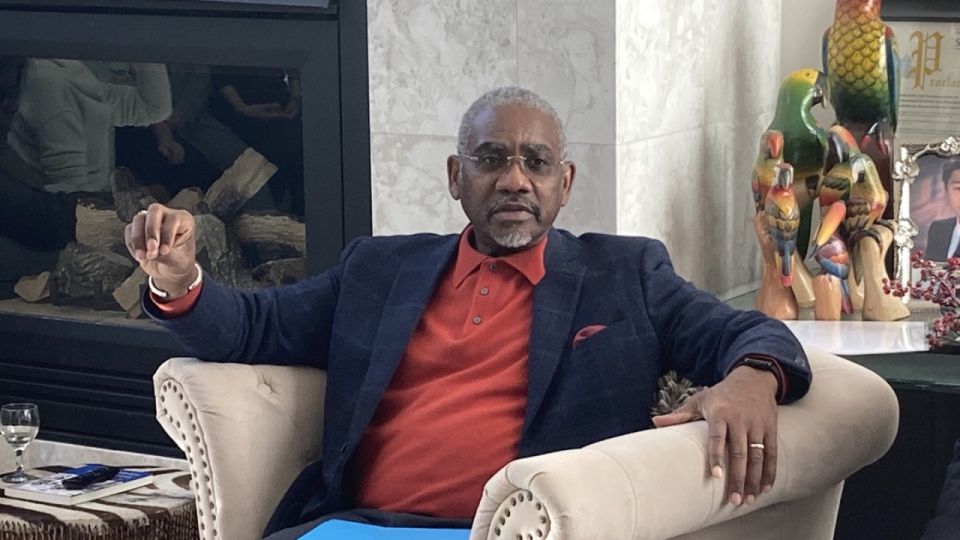January 20, 2022
SEOUL – US Rep. Gregory Meeks, chair of the House Foreign Affairs Committee, expressed support for South Korea’s proposal to declare a formal end to the Korean War, but stressed that the declaration on its own is “meaningless” if Pyongyang is reluctant to talk or makes no progress toward denuclearization.
“I commend the Biden and Moon administrations for taking steps to engage North Korea and urge North Korea to return to the negotiating table,” Meeks said in a statement released Wednesday. “Although I’m supportive of an end of war declaration as part of a comprehensive process and talks, a declaration on its own is meaningless if North Korea is unwilling to engage in talks, is making no progress towards denuclearization, and is actively threatening and endangering US allies and regional stability.”
Seoul has been pressing ahead to declare an end to the 1950-53 Korean War, which ended with an armistice, not a peace treaty — meaning South Korea and the US-led UN forces are technically still at war with North Korea. President Moon views the end-of-war proposal as a meaningful measure that could be a catalyst for future denuclearization and the establishment of a peace regime, amid the stalled nuclear talks between Pyongyang and Washington and deadlocked inter-Korean ties.
Seoul and Washington are said to have made substantial progress over the declaration, but it is uncertain whether Pyongyang will accept the proposal, especially at a time when the regime is upping the ante with a series of missile launches and shows no signs to engage in any kind of dialogue.
Meeks also denounced North Korea’s recent weapons test that marked the country’s fourth round of missile launches this month.
“I categorically condemn North Korea’s test of two short-range ballistic missiles on Monday. This is the fourth in a series of ballistic missile launches that not only violate international law, but also destabilize the entire region,” he said. “North Korea must abandon its nuclear ambitions and immediately cease its provocative behavior, which only delays and complicates our ability to chart a path to peace on the Korean Peninsula.”
On Monday, the North fired two short-range ballistic missiles, which came days after last week’s launch of ballistic missiles from a train, followed by two purported hypersonic missile tests on Jan. 5 and Jan. 11. The consecutive missile launches have escalated tensions on the Korean Peninsula and prompted Washington to impose its first sanction on the regime over its weapons program.
Amid heightened tension, the Unification Ministry, which is in charge of inter-Korean affairs, on Thursday stressed “dialogue and diplomacy” as the only solution for the future of peace on the peninsula. The ministry official said that it will continue to hold talks with related countries to discuss measures to stably manage the situation, which includes the end-of-war declaration.


